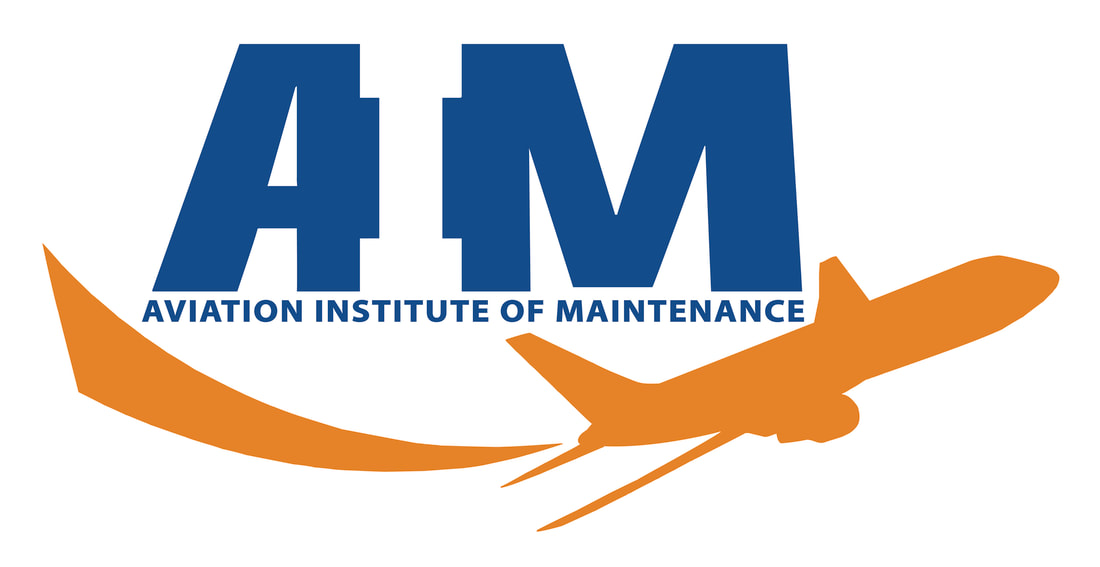

More in Career
-


Career
Pursuing a Career in Maintenance with AIM Institute
In response to the growing complexity of modern industries, the



In response to the growing complexity of modern industries, the